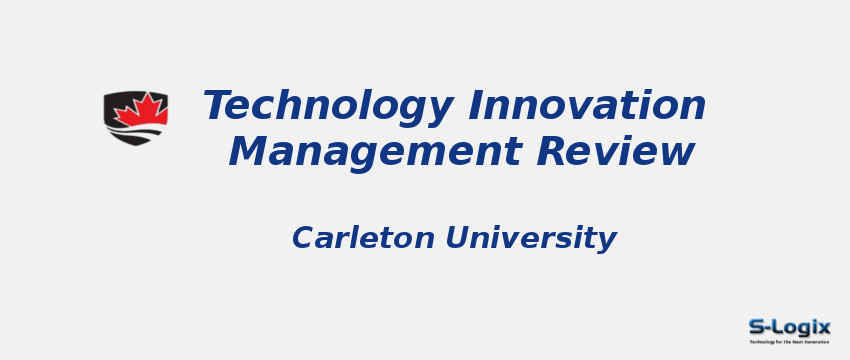Journal Home: Journal Homepage
Editor-in-Chief: Mika Westerlund
Print ISSN: 19270321
Electronic ISSN:
Abstracting and Indexing: Scopus
Imapct Factor :
Subject Area and Category: Business, Management and Accounting, Management of Technology and Innovation, Computer Science, Computer Science Applications
Publication Frequency:
H Index: 25
Q1:
Q2: Management of Technology and Innovation
Q3:
Q4:
Cite Score: 5.9
SNIP: 0.994
Journal Rank(SJR): 0.537
Latest Articles: Latest Articles in Technology Innovation Management Review
Guidelines for Authors: Technology Innovation Management Review Author Guidelines
Paper Submissions: Paper Submissions in Technology Innovation Management Review
Publisher: Carleton University
Country: Canada
